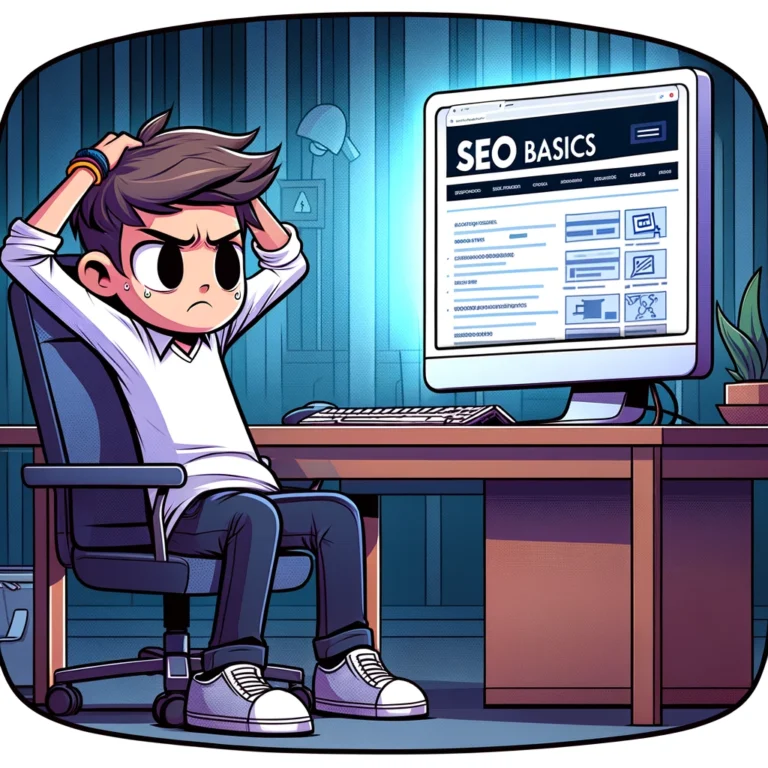Local Search Engine Optimization (SEO) is a vital digital marketing strategy for businesses aiming to reach potential customers within their geographical area. Unlike broader SEO tactics that focus on improving global search visibility, local SEO targets “near me” and geo-specific search queries. This means optimizing your online presence to appear when users search for services or products related to your business in your locality.
What Is Local SEO?
Local SEO involves a range of techniques designed to improve your website’s visibility in local search engine results. This is crucial for businesses that depend on local customers, such as restaurants, retail stores, and service providers. By enhancing your local SEO, you make it easier for residents and local visitors to find your business when they need it the most.
Why Does Local SEO Matter?
- Increased Visibility: Local SEO helps your business stand out in search results, increasing the likelihood of attracting more visitors to your website and physical location.
- Targeted Reach: It enables you to target potential customers in a specific area, making your marketing efforts more focused and efficient.
- Higher Conversion Rates: Local searches often have higher intent to purchase, meaning people searching are more likely to buy. Ensuring your business appears in these searches can significantly increase conversion rates.
- Competitive Advantage: By optimizing for local search, you can gain an edge over competitors who are not implementing similar strategies.
Key Components of Local SEO
Google My Business (GMB)
Creating and optimizing a Google My Business listing is foundational to local SEO. Your GMB profile displays important business information—like your address, phone number, and hours of operation—directly in Google Search and Maps. It also allows customers to leave reviews, ask questions, and interact with your business directly.
On-Page SEO Techniques
Local on-page SEO involves optimizing your website’s content and structure to rank higher in local search results. This includes using local keywords, adding location-based meta descriptions, and ensuring your NAP (Name, Address, Phone Number) information is consistent across your website and other online platforms.
Local Backlinks
Backlinks from reputable local sources (like newspapers, blogs, and other businesses) can significantly boost your local search rankings. These links act as endorsements from your community, increasing your site’s authority and relevance.
Reviews and Ratings
Online reviews are critical for local SEO. High-quality, positive reviews can improve your business’s visibility and attractiveness. Encourage satisfied customers to leave feedback on your GMB profile and other relevant platforms like Yelp and TripAdvisor.
Social Media Engagement
Social media isn’t a direct ranking factor for SEO, but it influences local SEO by increasing brand awareness and customer engagement. Active social media profiles can drive more local traffic to your website and help build community around your business.
How to Optimize for Local SEO
- Claim and Verify Your Google My Business Listing: Ensure your GMB profile is accurate, complete, and updated regularly.
- Optimize for Mobile: With the majority of local searches performed on mobile devices, having a mobile-friendly website is essential.
- Use Local Keywords: Incorporate keywords that reflect your local area into your site’s content, titles, and meta descriptions.
- Encourage Reviews: Actively ask customers to review your products or services. Respond to reviews to engage with your customers and show that you value their feedback.
- Monitor Your Performance: Use tools like Google Analytics to track how well your local SEO efforts are performing. Pay attention to metrics like organic search traffic and conversion rates to gauge success.
Local SEO is an invaluable tool for businesses looking to attract more foot traffic and enhance their online presence in specific geographical areas. By focusing on strategies like optimizing your Google My Business profile, improving on-page content, and building local backlinks, you can increase your visibility in local search results, outshine competitors, and grow your business.
By mastering these local SEO basics, you position your business to thrive in an increasingly competitive digital landscape, where local relevance and visibility are key.

Strategies to Enhance Your Local SEO Efforts
Improving your local SEO is an ongoing process, and it pays to stay informed about best practices and emerging trends. Here are some additional strategies to consider as you refine your local SEO approach:
Create Local Content
Creating content that speaks to local issues, events, or features can significantly boost your local SEO efforts. For example, blog posts about local charity events, city news, or local services can attract a local audience, enhancing your visibility and relevance in your community.
Utilize Schema Markup
Schema markup is a form of microdata added to your website to help search engines understand the content of your pages better. Implementing local business schema can make it easier for search engines to locate and display your local business information, such as your business type, operating hours, and reviews.
Optimize for Voice Search
With the rise of voice-activated devices, optimizing for voice search is becoming increasingly important. People use more conversational queries when using voice search, so including long-tail keywords in your content—especially those that are spoken in everyday language—can help capture this audience.
Manage Your Local Listings
Aside from your Google My Business profile, ensure your business is listed on other local directories like Bing Places, Yelp, and the local Chamber of Commerce website. Consistency across these listings is crucial; discrepancies in your business name, address, or phone number can confuse search engines and potentially harm your search rankings.
Engage in the Community
Engagement with local community events and organizations can enhance your local reputation and create opportunities for local press coverage or backlinks. This not only strengthens your local presence but also boosts your website’s authority through natural, reputable links.
Keep a Watch on Analytics
Regularly monitor your local SEO performance to understand what works and what doesn’t. Google Analytics and Google Search Console offer valuable insights into traffic patterns, user behavior, and more. Adjust your strategies based on this data to continually improve your local SEO effectiveness.
Frequently Asked Questions About Local SEO
Q: How long does it take to see results from local SEO?
A: The time it takes to see results from local SEO can vary significantly depending on multiple factors such as the competitiveness of your industry, the current state of your website, and the efforts you put into your local SEO strategies. Generally, you might start seeing improvements in 3 to 6 months.
Q: Is local SEO only important for small businesses?
A: While local SEO is crucial for small and medium-sized businesses, larger companies with multiple locations can also benefit significantly. For businesses with physical locations in various regions, local SEO helps tailor their visibility in each specific market.
Q: Can I do local SEO on my own or should I hire a professional?
A: Many aspects of local SEO can be managed in-house with the right knowledge and tools. However, complex situations or competitive industries might require the expertise of an SEO professional to achieve better results.
Moving Forward with Local SEO
Understanding and implementing local SEO can transform the way your business connects with its local community and customers. By focusing on the key components of local SEO and continuously refining your strategies, you can ensure that your business not only survives but thrives in the competitive digital marketplace. Embrace these changes, and watch your local business grow!
By equipping yourself with the knowledge and strategies outlined in this guide, you are well on your way to mastering local SEO and making your business a local favorite. Stay proactive, keep updating your strategies with the latest SEO trends, and most importantly, stay connected with your local customers and community. With these efforts, local SEO will not just be a marketing strategy, but a cornerstone of your business’s success.



